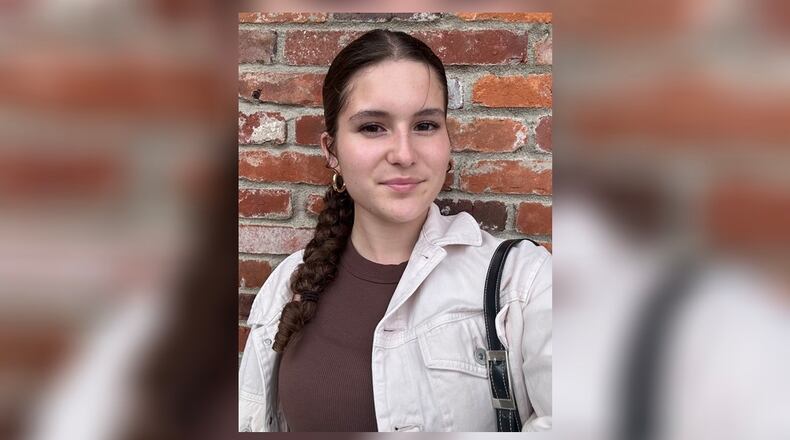A common misconception is that all spelling involves rote memorization. While memorization is key at the school to early regional levels, nationals were overwhelming for an inexperienced speller in the fifth grade. I soon learned to piece words together through language patterns, word roots, and bits of information the dictionary offered. In the likely event that I had not memorized one word out of 500,000 in the English dictionary, my best bet lay in the intricate skills required for success in spelling bees.
Spelling not only taught me the art of critical thinking, but my time representing my hometowns on the stage would also never resemble any year in spelling bee history.
Amid COVID-19, the 2020 Scripps National Spelling Bee was canceled for the first time since World War II. What should have been the 93rd bee was now inexistent, stripping some spellers in their final year of a potential victory and everyone of the expected dazzling event.
But Nationals were not gone forever. We hired my first spelling coach twice a month, bought books off eBay, and splurged on spelling modules twice a year, fulfilling the traditional duties of a speller and discovering the depth of the spelling bee sphere with the resources we had.
The next year, 2021, was a first in bee history–an apropos virtual National Spelling Bee.
Instead of the height-adjusting microphone, spellers spoke into a headset and received laggy dings of the bell when eliminated. I dealt with computer shutdowns and power outages, yet received my best placing that seventh-grade year–sixteenth in the nation.
Then came my final year of eligibility. I continued my steadfast study habits and dedicated my time to the bee as the past four years demanded. Everything went as planned until I stepped onto the Scripps National Spelling Bee stage for the first time since fifth grade, tucked my mask in my pocket, and misspelled a word I had never heard before, yet have heard in every subsequent high school science class.
I was devastated. How could I age out without proving the skills for which I had worked so hard? My friends back home had compiled a good-luck video, and my teachers offered to quiz me in their free time. I accepted my career would go out without the quintessential bang. I was fourteen.
In its traditional sense, “speller status” is appropriately terminated in eighth grade.
However, in every future path I imagine traveling, the benefits of spelling bees’ difficulty and uncertainty travel with me. When asked if I would “do it all over again,” I said “yes.”
These realizations led to the creation of The Champion City Spelling Bee, an all-age competition debuting on June 8, 2024, at Wittenberg University’s Shouvlin Center in Springfield, Ohio. With the help of Springfield’s small and historic businesses, students and adults are invited to a morning of spelling, regardless of geographic residence or prior experience.
While spelling bees are a classic American tradition and often nostalgic to adults, the possibilities they present are often hidden to small communities. My journey to the Scripps National Spelling Bee was not expected nor planned. I watched the competition sporadically on my grandmother’s cable television but never contemplated the possibility of competing myself. As we support our elementary and middle school students academically, never discount the power of a small competition. Often, all it takes is a supportive community and a brave attempt at the school spelling bee.
Sophia Lopez is a rising junior at Cedarville High School and a resident of Springfield, OH.
About the Author

